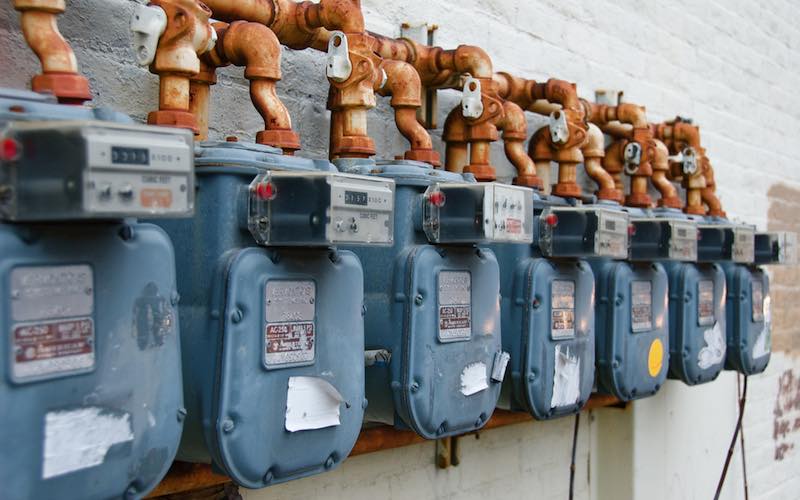
Going forward, the Connecticut gas companies must report their emissions and explain how they are reducing carbon pollution in line with state climate law. Photo: Justin Henry via Creative Commons 2.0
November 18, 2024 (New Haven, CT) – Connecticut’s Public Utilities Regulatory Authority (PURA) issued a final decision denying proposed rate increases by Connecticut Natural Gas and Southern Connecticut Gas and requiring the companies to collectively return $120 million dollars to their customers. Conservation Law Foundation (CLF) released the following statement in response.
“This decision is a victory for gas customers, many of whom already struggle to pay high heating costs. The decision also means customers won’t have to pay for the gas companies’ flawed clean energy proposals, which would not meaningfully reduce climate pollution,” said Shannon Laun, Vice President of Conservation Law Foundation Connecticut. “Going forward, the companies must report their emissions and explain how they are reducing carbon pollution in line with state climate law. As a next step, PURA should follow other states that are developing frameworks to end people’s reliance on polluting gas and transition to clean heating.”
Many homes and businesses rely on gas heating in Connecticut despite the fuel being a major source of climate-warming pollution. Fossil fuel heating accounts for over 30 percent of Connecticut’s climate pollution.
Unfortunately, the gas companies are not planning for a future in which gas use decreases in line with the state’s climate law, which says Connecticut must cut carbon pollution by at least 45 percent by 2030 and at least 80 percent by 2050.
The companies continue to sink hundreds of millions of dollars into new gas pipelines, even though state policy is driving a shift towards electric heating, which will shrink the gas customer base in coming years. As more gas customers move to electric heating, remaining gas customers will face the ever-mounting costs of maintaining an oversized gas system. And the last gas customers are likely to be low-income households and renters who can least afford rising bills.
Other states, including Massachusetts and Rhode Island, are proactively planning for this transition. As PURA acknowledged in its decision, state agencies, clean energy advocates, and the gas companies recognize the need for a similar plan in Connecticut.
CLF experts are available for further comment.
###
